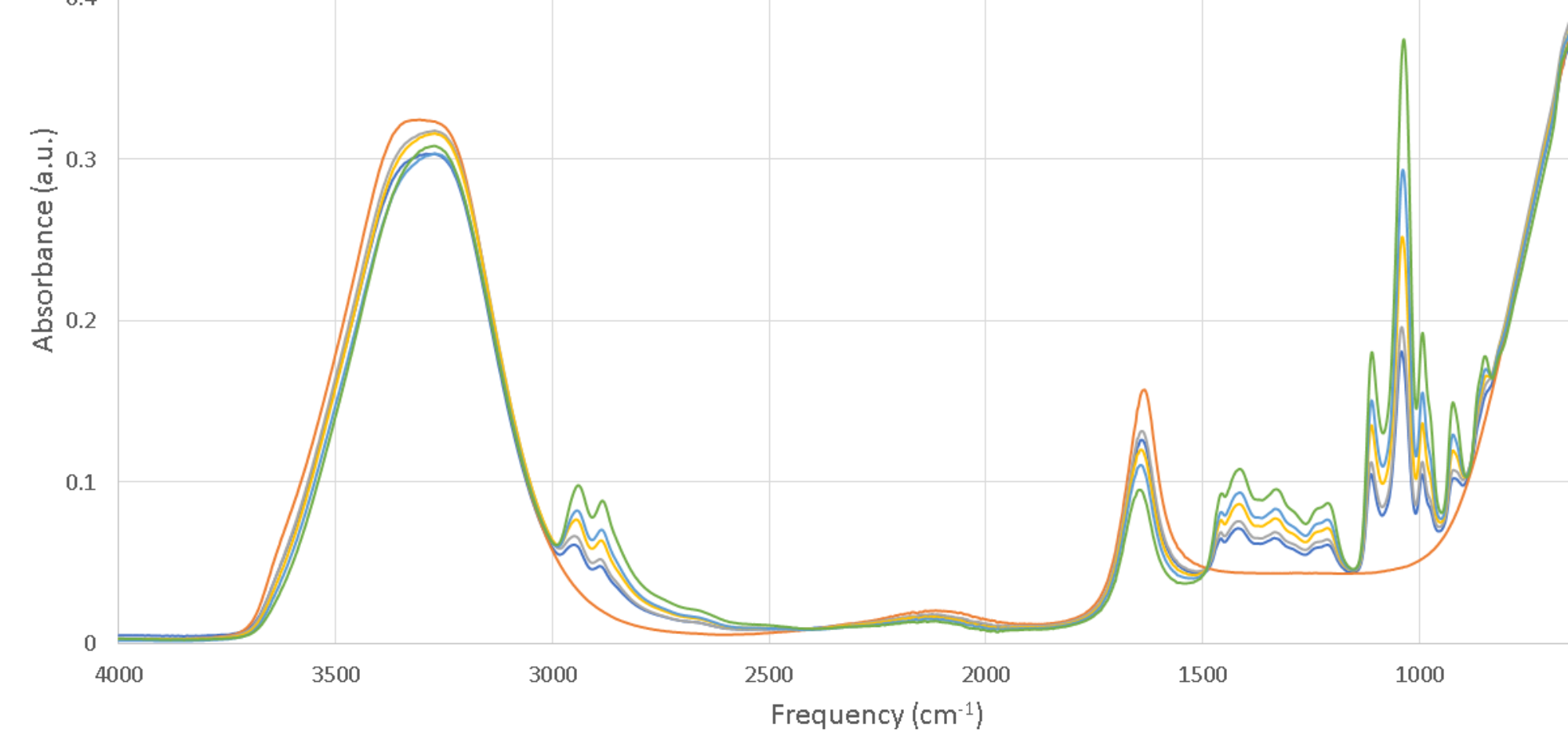The table below includes our offerings.
Level: these are intended as University levels. Introductory means something that would be suited to an incoming undergraduate. Intermediate includes year 2 and year 3 of UK undergraduate work. Advanced is intended for Final year undergraduate and beginning Masters students.
| Topic | Level | Description | Keywords | Requirements |
|---|---|---|---|---|
| HPLC with lab a practical lab session. | Previous degree | HPLC practical training using online and with a lab session. The online part is hosted on our own platform and the lab session is hosted by a partner university. Designed for students affected by pandemic, International students wishing additional skills, professionals wanting a refresher to change roles or to advance with greater confidence. | HPLC, calibration, simulators, software, theory, practice. | A computer will install privileges. A chemistry degree (UG or Masters). If you are a current student or a student or graduate of an allied discipline contact us. |
| R and R-studio: From Beginning through Structure Based Cheminformatics | Intermediate | This is designed for chemists. It assumes no prior knowledge and will finish with a cheminformatics example. | Programming; clustering; similarity measures. | A computer with sufficient privileges to install R and R-studio. |
| Spreadsheets and Data Analysis | Introductory through Advanced | This covers a set of 24 topics in data analysis. It begins with basics and proceeds to advanced areas. | Numeracy; spreadsheet functions; statistics. | A computer with LibreOffice (or alternately MS Office) Installed. Sufficient privileges to install R and R-Studio. |
| FTIR: From Basics to Quantitative Analysis | Introductory through Advanced | This will give a practical introduction to FTIR. It will include quantitative analysis, presenting data and includes hands on work. t will include some advanced topics, quantitative IR, instrument parameters and raw data processing. Data collected can be combined with a course covering PCA and PLS. | Spectroscopy, Hands-on. Practical, Quantitative. | A computer with an office package (either LibreOffice or MSOfficee) installed. |
| HPLC: Overview and Practice | Intermediate | This will provide a practical overview of HPLC including specifying methods, evaluating columns, and hands on work (sample and standard prep, instrumentation). | Chromatography, HPLC, Instrumentation. | A computer with an office package (either LibreOffice or MSOfficee) installed. |
| Dilutions and Unit conversions | Introductory | Dilutions and unit conversion. | Units, dilutions, moles | A piece of paper, pen or pencil, a calculator and a periodic table |
| Advanced Dilutions | Intermediate | Dilutions by mass, volume and getting the answer from a test solution | Mass, volume, multiple added solutions | Paper, pen or pencil, a calculator and a periodic table |
| It all begins with a balance | Advanced | A deeper look at gravimetry – for everything not as done classically | Gravimetry; volumetry; analytical balances; balances; temperature; pressure; buoyancy. | A balance (we can send you an introductory kit if needed), |
| Spectrophotometry anywhere | Intermediate to advanced | Create and use a spectrophotometer. This is designed to develop understanding using simple items and your phone. | Spectrophotometry; calibration. | A mobile phone with a camera (we can supply a few items). |
| Introduction to calibration | Introductory | This will teach you how to use calibration data to compute unknowns. | Numeracy; basic algebra; regression; estimation; parameter uncertainty estimates. | A computer with LibreOffice (or alternately MS Office) Installed. |
| Simple fitting | Intermediate | This will demonstrate practical approaches to fitting. | Numeracy; basic algebra; fitting polynomials; parameter and uncertainty estimates. | A computer with LibreOffice (or alternately MS Office) Installed. |
| Advanced regression | Advanced | This will consider advanced topics in regression analysis. | Regression assumptions; inverse calibration Deming regression; scale invariance; exchange invariance; perspectives. | A computer with LibreOffice (or alternately MS Office) Installed. |
| Using matrices to understand regression | Advanced | This will teach you how to use the pseudo-inverse to reproduce the output of regression. | Pseudo-inverse; matrix arithmetic; intercepts. | A computer with LibreOffice (or alternately MS Office) Installed. |
| Fourier Transforms | Advanced | This is designed as an introduction to Fourier transforms for chemists. | Numeracy; spreadsheet functions; Nyquist Limit; Connes’ Advantage; multiplex advantage. | A computer with LibreOffice (or alternately MS Office) Installed. |
